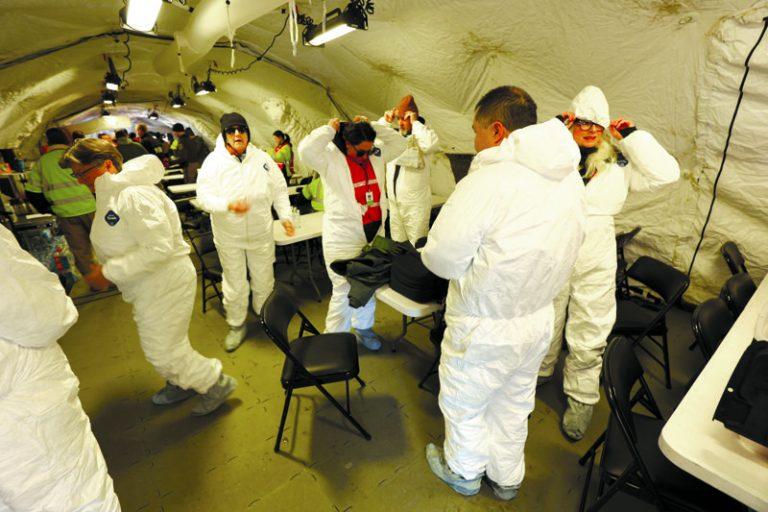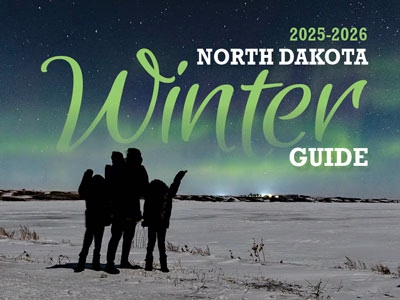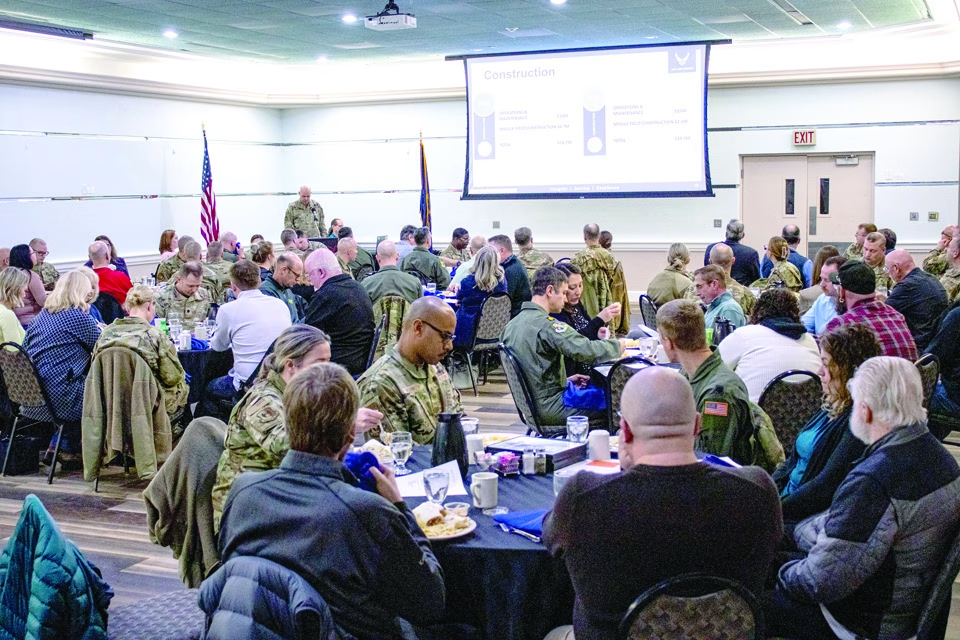During an emergency, the North Dakota Medical Reserve Corps (MRC) helps those in need in their community or anywhere in the country. According to Duane Ell, Public Health Emergency Preparedness (PHEP) Volunteer Coordinator/Training Coordinator, “The MRC allows individuals to be part of a group of individuals during an emergency that are willing to raise their hand and say, ‘I’ll help in whatever capacity I can.’”
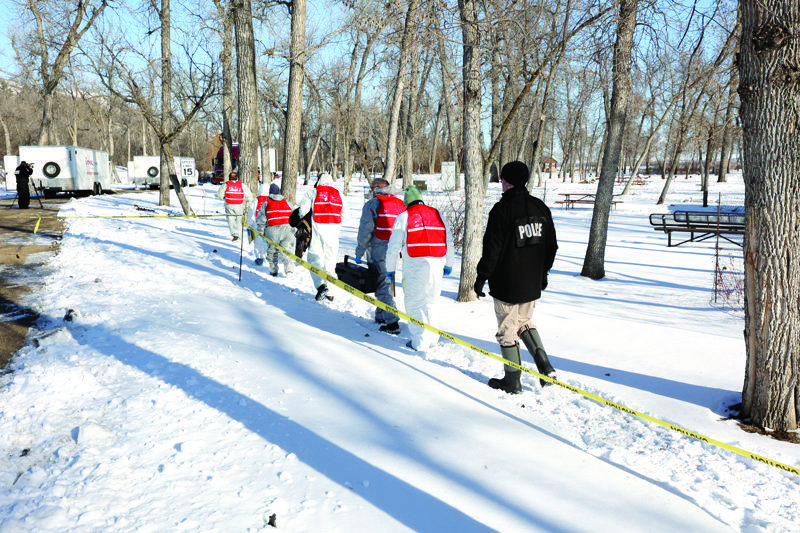
An MRC is designed to be a nationwide network of organized medical and non-medical volunteers to strengthen communities during public health emergencies. The North Dakota MRC is a volunteer organization that was created in 2002 after the 9/11 terrorist attacks and is operated through the North Dakota Emergency Preparedness and Response Unit of the North Dakota Department of Health and Human Services. States may utilize their MRCs for multiple activities, such as mass vaccinations, medical or non-medical sheltering during natural disasters, or even for local or community events when assistance may be needed.
During Minot’s flood in 2011, the MRC helped evacuate, and then return, the elderly to nursing homes. Teams have gone to Florida during Hurricane Irma in 2017 and to North Carolina during Hurricane Florence in 2018. During the COVID-19 pandemic, the MRC assisted with testing and gap staffing at facilities. Any state may ask for assistance from the North Dakota MRC based on their need for volunteers. North Dakota has only one group of volunteers that is coordinated and operated through the Emergency Preparedness and Response Unit, but there are MRCs all over the nation. Some are local, county, or part of specific jurisdictions. MRCs allow individuals to volunteer almost anywhere they live.
The North Dakota MRC currently has over 1600 registered volunteers which consist of medical providers, veterinarians, CDL drivers, administrative assistants, firefighters, and other skill sets. Once registered, individuals undergo a background check and license verification. They will receive correspondence from the MRC Coordinator if they are accepted. The website to apply is https://www.hhs.nd.gov/health/EPR/HPP/MRC. In the event of an emergency requiring MRC volunteer assistance, members will be contacted by the Health Alert Network (HAN) through email or phone message to learn if they’re available for service.
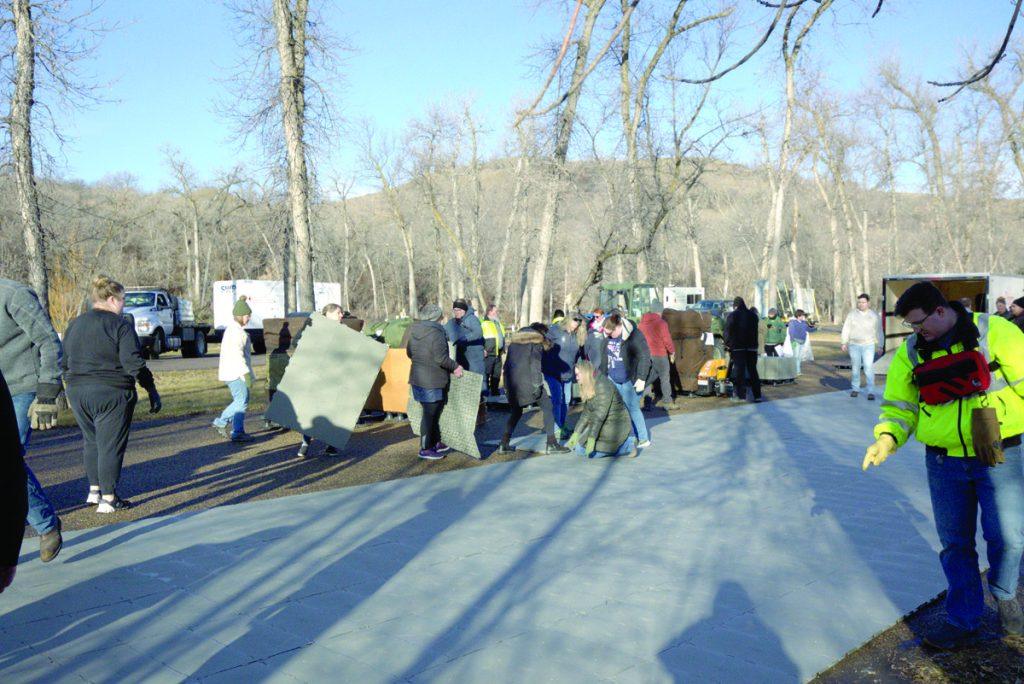
In North Dakota, the MRC recently began once-a-month, weekend training programs to accommodate up to 50 individuals and to provide insight into the types of incidents requested for deployments. The MRC also provides equipment and assets available from the State Medical Cache—a stock of medical equipment and supplies reserved to help sustain vital health care and first responder services during disasters and supply shortages. According to Ell, the most surprising aspect he has seen with the MRC is that “It is always interesting to see how disasters that seem to have no relation to public health very quickly become a public health issue and can affect the public not directly affected by the disaster.”
Inside the MRC itself, it contains special teams, the Critical Incident Stress Management Team and the Disaster Mortuary Operational Response Team (DMORT). The Critical Incident Stress Management Team helps the MRC’s first responders and medical providers work through difficult times after a crisis and overwhelming situations. This aids in the recovery and retention of providers, especially in a state such as ours relying on volunteers and limited staff, Ell said. It is the most heartwarming things he has seen in his time with the MRC.
If anyone feels that they have a skill set, or that they can be an asset to the MRC team, please apply. The North Dakota MRC Coordinator is currently Duane Ell and can be reached at dbell@nd.gov if you have any questions. The North Dakota MRC is ready to help the citizens in our community, in our state, and those who need them anywhere in the country.
On October 1, 2024, the ND MRC deployed five RNs and one paramedic to North Carolina to help the victims of Hurricane Helene. They will aid in the shelters with the local Public Health Units in North Carolina. Three of the personnel deployed also deployed to North Carolina in 2018 to help after Hurricane Florence.

